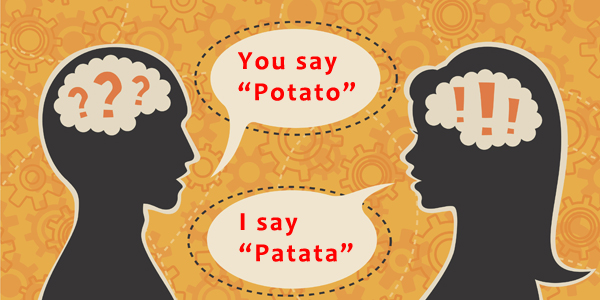Undoubtedly, one of the biggest issues that someone who acquires a new language has difficulty with is the differences between spoken language and written language. No matter how well he has mastered the language he has acquired, when that language enters a spoken environment, he has difficulty in communicating with people who speak this language from birth and understanding their communication styles. We acquire written language systematically and consciously in academic environments. However, most of the oral language is acquired through implicit learning. People who can translate pages of literary texts may falter when it comes to verbal communication. When we want to analyze the reasons for this, we come across syntactic, semantic and phonetic dimensions.
In a syntactic dimension, for example, even if the Englishman does not need to use the subject phrase in a sentence when expressing himself, this is a situation that may be strange for someone who has learned English from Turkish. Again, for example, even if a native speaker of Turkish uses enough words to express its meaning, this situation may be incomprehensible to someone who has learned to speak Turkish from English. Another problem is pronunciation. In a fast-developing world, the need for people to express themselves quickly depending on their habits, swallowing some sounds or shortening words are among the other problems.
Among the suggestions in this situation, raising awareness about the grammatical structure of the oral language comes first. People want to express themselves in a free space. The necessity of complying with the grammar prevents this understanding. Every language can evolve over time. By accepting that, we can get to work. A holistic perception of language is among other suggestions. Every speech addresses a meaning. Every meaning is fed from the context in which it is located. Each context also contains integrity within itself. In other words, addressing the climate crisis at a meeting on the environment is a consequence of the context. The meanings to be derived from this speech will be parallel to these. Another suggestion is possible by creating a familiarity with the culture of the society where that language is spoken. By using the media, teachers can ensure the interaction of students and people in the culture where the language is learned. In addition, a comfortable environment should be offered while communicating and the self-confidence of the person should not be lowered. A person who has a more effective sharing environment by allowing mistakes and providing feedback/corrections, if necessary, will become more conscious day by day that there is no difference in difficulty between written language and spoken language.

